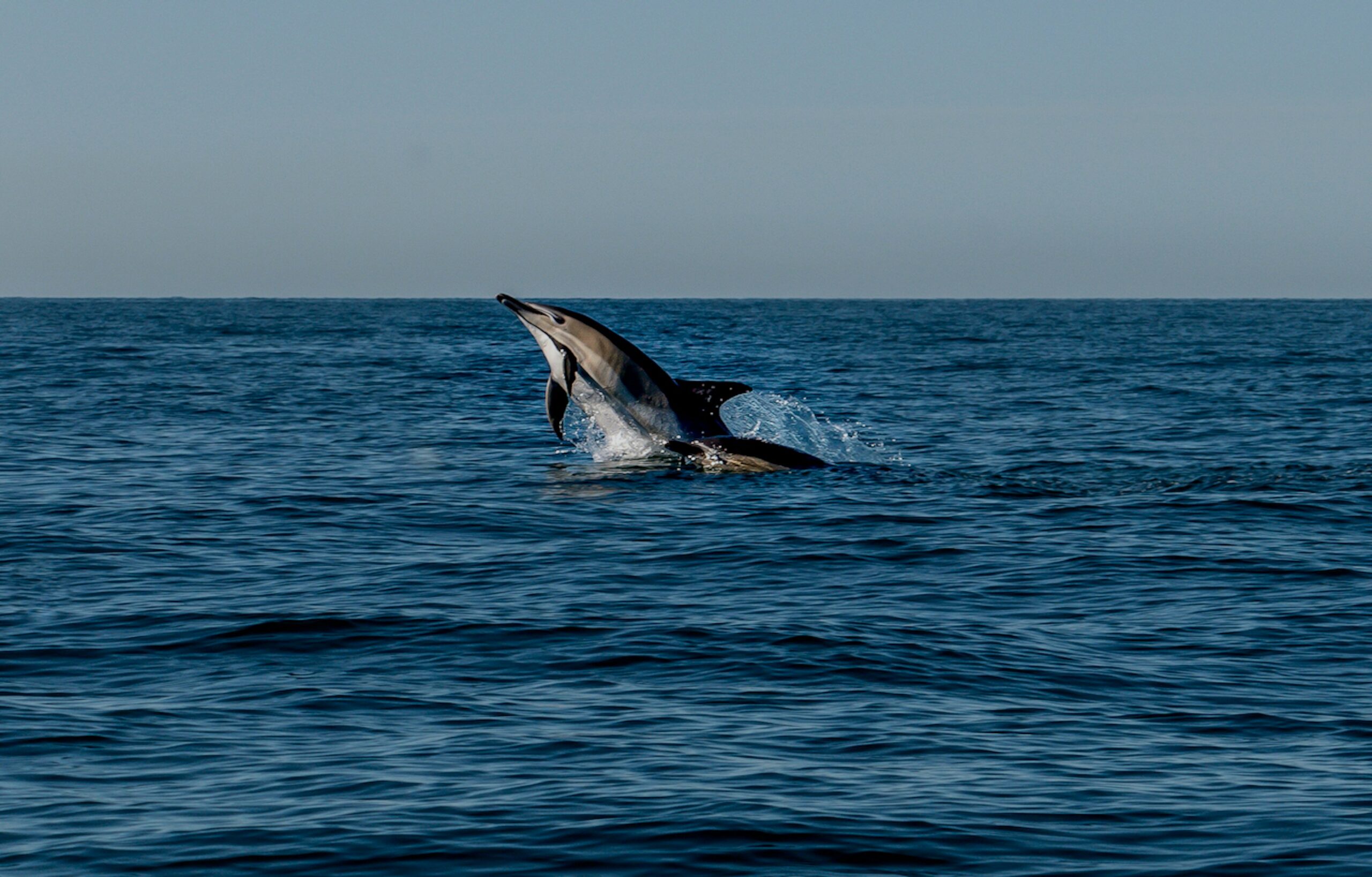Photo by Ray Harrington
The Office for Environmental Protection has escalated its investigation into the UK government’s failure to achieve healthy marine waters, issuing a formal Information Notice to Defra over suspected breaches of environmental law. The unprecedented enforcement action centres on the government’s failure to meet the statutory deadline for achieving Good Environmental Status (GES) of marine waters by 31 December 2020.
The OEP’s Chief Regulatory Officer Helen Venn said the investigation is “seeking to ensure accountability for the suspected failure to take the necessary measures to achieve GES of marine waters” and called for “an evidenced, resourced and timebound delivery plan” to address what she described as “deeply concerning negative trends in our oceans.”
Stark picture emerges of marine crisis
Conservation experts have highlighted the severity of the UK’s marine environmental crisis, with Alec Taylor, Oceana’s Director of Policy and Research, saying it was an unprecedented case, noting “to my knowledge this has never happened on a marine case before.”
Taylor identified “ongoing overfishing and destruction from bottom trawling on seabed habitats” as core drivers of the failures, emphasising that “UK seas are in crisis” and the OEP is “right to be calling out this failure.”
The OEP investigation found that “the marine environment in England and Northern Ireland remains in a highly degraded state, with evidence pointing to ongoing deterioration,” despite the legal requirement under the Marine Strategy Regulations 2010 to have achieved GES by the end of 2020.
Three key legal failures identified
The Information Notice highlights three specific areas of concern: the suspected failure to take necessary measures to achieve GES, the government’s inappropriate reliance on exceptions from the GES duty, and a suspected failure to publish a lawful programme of measures.
Bernadette Butfield, Senior Policy Officer at RSPB, explained that an Information Notice “becomes necessary when informal dialogue and requests for information fall short” and “is a precursor to possible further enforcement if matters remain unresolved.”
She warned that for seabirds specifically, achieving GES requires urgent action on “tackling seabird bycatch, a persistent driver of avoidable mortality,” noting that “bycatch remains unassessed due to insufficient data” and “the need for a bycatch monitoring programme is clear.”
Funding cuts undermine conservation efforts
The RSPB also raised concerns about government decisions that actively undermine marine protection efforts. Butfield highlighted that despite progress being recognised in biosecurity programmes to prevent invasive species – “one of the greatest risks to long-term marine ecosystem health” – “the decision to end funding hinders the ability for the Government to ‘maintain’ GES going forward.”
This represents a particular concern as the Marine Strategy Regulations require not just achieving GES but maintaining it once attained.
Precedent-setting case for environmental law
The case marks a significant moment for environmental governance in the UK. As Venn noted, “This is potentially the first time a legally binding ‘apex target’ representing the final environmental outcomes government is trying to achieve has been missed since the introduction of the new approach to environmental governance through the Environment Act 2021.”
Butfield described the Information Notice as marking “an interesting and welcomed turning point for environmental governance in the UK,” warning that “the response will determine not just the future of our seas, but also the credibility of the UK’s wider approach to meeting environmental targets and strategic planning.”
The implications extend beyond marine policy, with Venn noting that “there are other similar environmental targets which fall due over the next few years, on climate, species abundance, air quality, water quality and so on,” making this case a test of how the government responds when important environmental targets are missed.
Government faces two-month deadline
Defra now has two months to respond to the OEP’s Information Notice, after which the environmental watchdog will “consider its response before deciding next steps.” The OEP has indicated that failure to provide adequate corrective action could lead to formal enforcement proceedings.
The investigation references a recent OSPAR report stating that “additional measures are needed and existing measures need to be more effective if declining biodiversity and continued habitat degradation are to be addressed.”
While the government has published a revised programme of measures and consulted on an updated UK Marine Strategy assessment that “recognises that GES has not been achieved from a scientific perspective,” the OEP concluded these steps were insufficient to address the suspected legal failures.
The case represents the first major test of the OEP’s enforcement powers under the Environment Act 2021, with conservation groups closely watching whether the new environmental governance framework can effectively hold government accountable for missing legally binding environmental targets.
